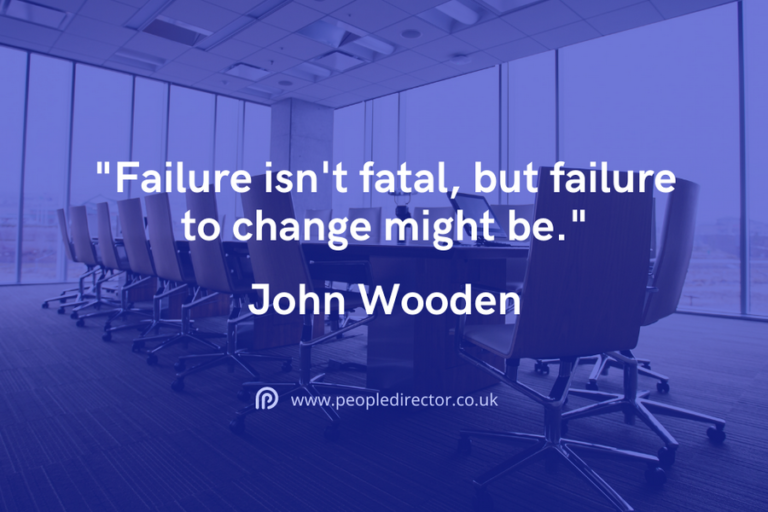
By Gary Wong, Canada
At the Organisational Change Network on LinkedIn, Ron Leeman posted an article on the continuing argument about traditional Change Management being “old skool” and that it needs a re-think, an overhaul, some fresh ideas, etc. He researched change management methods currently being offered by a handful of leading consulting organisations.
His conclusion was apart from how new digital tools can help with some aspects of Change Management, he didn’t think there is a lot of new thinking out there. Rather it looked like just a regurgitation and/or re-naming of previous approaches.
I replied what if there was an emerging change practice that wasn’t a regurgitation but quite different as per the following:
- What if a change practice emerged that treated all organisations as complex adaptive systems? It would mean escaping the dominant human-imposed Engineering paradigm (faster, better, cheaper) and setting aside age-old tools such as reductionism, benchmarking, future state visioning, cause & effect analysis, linear road mapping, surveys, and yes, even metrics to a certain degree.
- The change practice would be built on an Ecological paradigm applying ideas and words such as Anthro-complexity, Cynefin, Liminality, Morphogenesis, enabling constraints, managing the evolutionary potential of the Present.
- The change practice would be informed by Natural science – what we have learned from observing Nature in action: Messy coherence, Homeostasis, Natural Resilience, Mutating containers, Exaptation, Biomimicry.
- The change practice would leverage real world Complexity phenomena: Emergence, Diversity, Viral Butterfly Effect, Non-linear Tipping Point, Self-organization, Stigmergy, Pareto Power Law Risk (fat tail).
- The change practice would recognize people are Homo Narrans: Dialogic sense-making, Distributed ethnography, narrative fragments, Thick Data, Disintermediation.
- The change practice would understand the concept of Homo Faber – use of tools to shape a complex environment: Distributed cognition, Chaordic teaming, Safe-to-fail experiments, Weak signal detection, Obliquity, Asymmetric co-evolution, Scaffolding, Nudging, Fractal management.
- The change practice would recognize humans like to play creative games (Homo Luden): Pattern recognition, Strange attractors, Non-hypothesis abduction, Wicked problems, Serendipity.
- The change practice would be pragmatic: Conceptual blending, Adjacent Possible, Satisficing, Heuristics, Phronesis, Praxis.
What I outlined is the anthro-complexity approach to implement change during unpredictable, constantly changing times.
As Dave Snowden explained, you can view the real world in terms of 3 basic systems: Order, Complex, Chaotic. The 20th century was dominated by Order system thinking. Many change practices are designed for a work environment that is stable, consistent, and where cause and effect relationships exist. The future is deemed predictable and possibly extends from past history. The popular image of jigsaw puzzle parts being put together is apropos. If a change project fits in this environment, one can confidently carry on using a linear step-by-step command and control mindset.
In a complex system the puzzle parts are constantly moving or even missing. Furthermore, a complex adaptive system will see humans adapting by evolving relationships and adjusting emotional interactions. If your change project faces uncertainty, unpredictability, ambiguity, think twice about using Order system change management tools. They really aren’t built for uncontrollable turbulence and volatility.
In 2000, Stephen Hawking stated the new century is the Age of Complexity. We’re now two decades into the 21st century. The time is ripe, perhaps overdue, to update the Future of Change Management.

About Gary Wong
Gary is an experienced consultant focusing on complexity thinking and safety. In 2014 he co-developed an anthro-complexity-based approach to shape Safety Culture. He works in the fields of leadership training, strategic planning, process improvement, facilitation, project management, change management, knowledge management, and organisational effectiveness.

We are happy to support and take part in the virtual conference “Exploring the Future of Organisational Change”, January 12-14, 2021, organised by the Change Management Network.
Sign up for free at this link, and follow us for conference updates and articles on change management, culture and organisational development throughout January.
If you need to change and improve your organisational and business performance, call +44 (0) 7783 908571 and speak with our lead business, organisational development and HR consultants. During the past 25 years we have helped hundreds of organisations from 24 business sectors to change, transform and thrive. Read more about our change and transformation approach.
